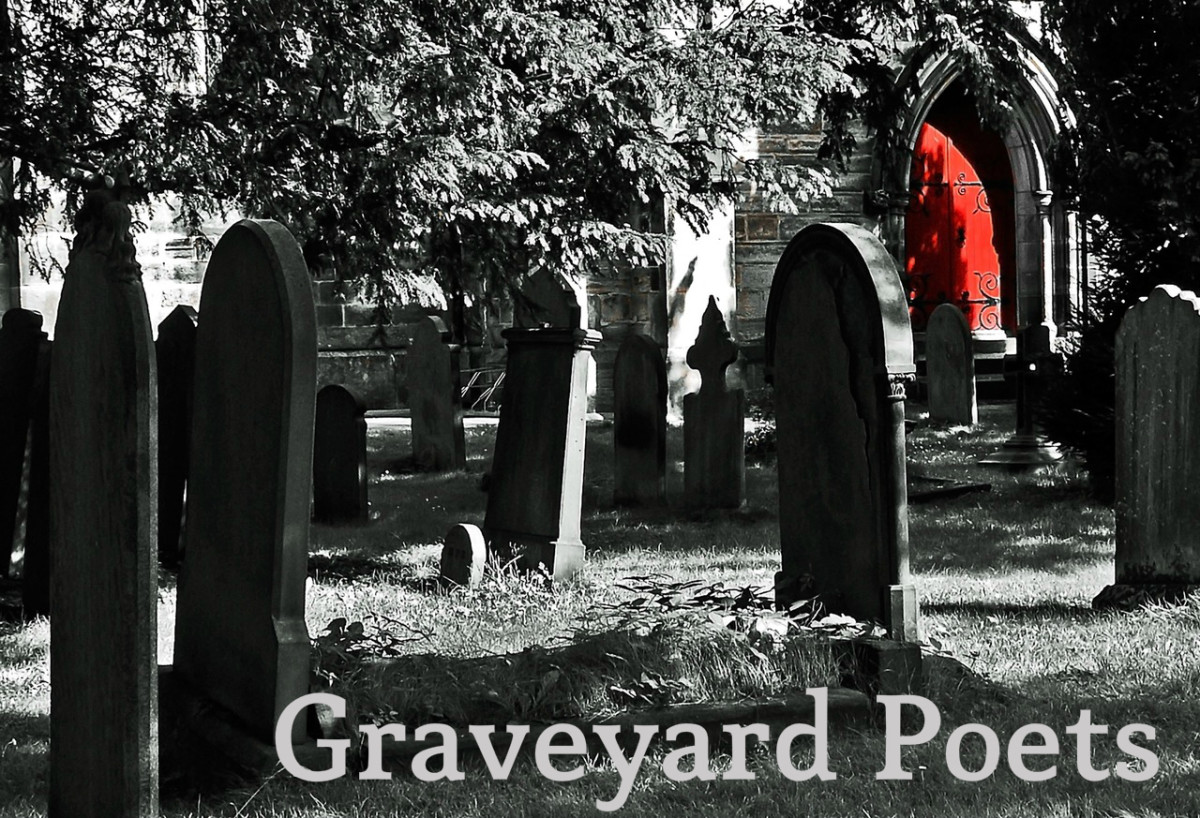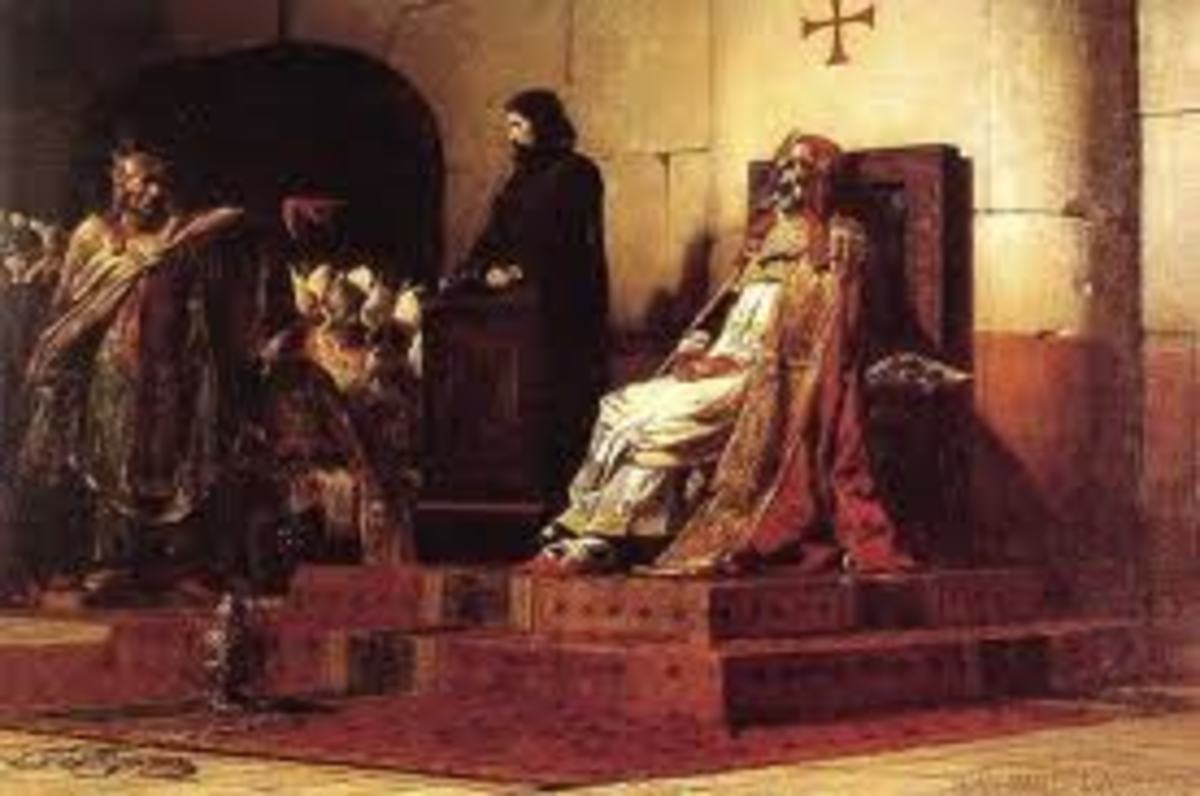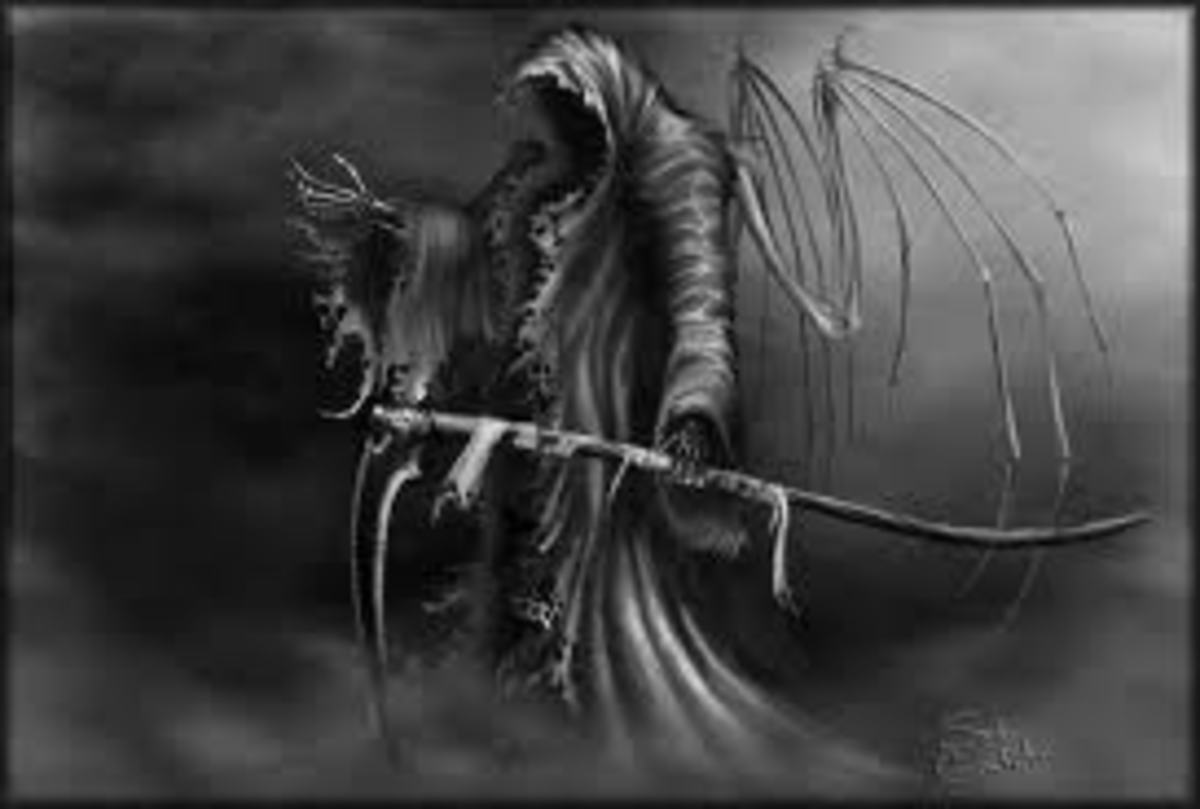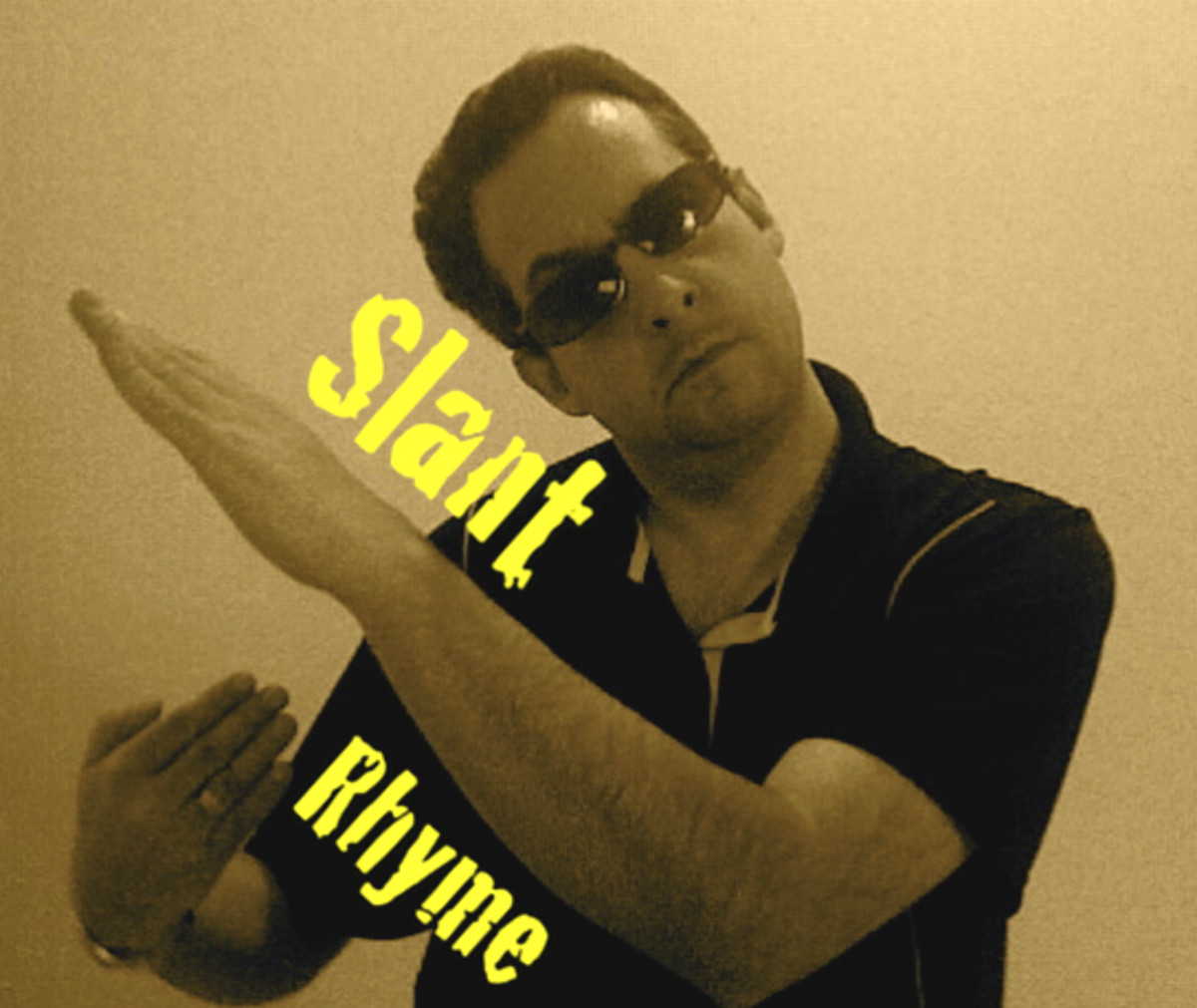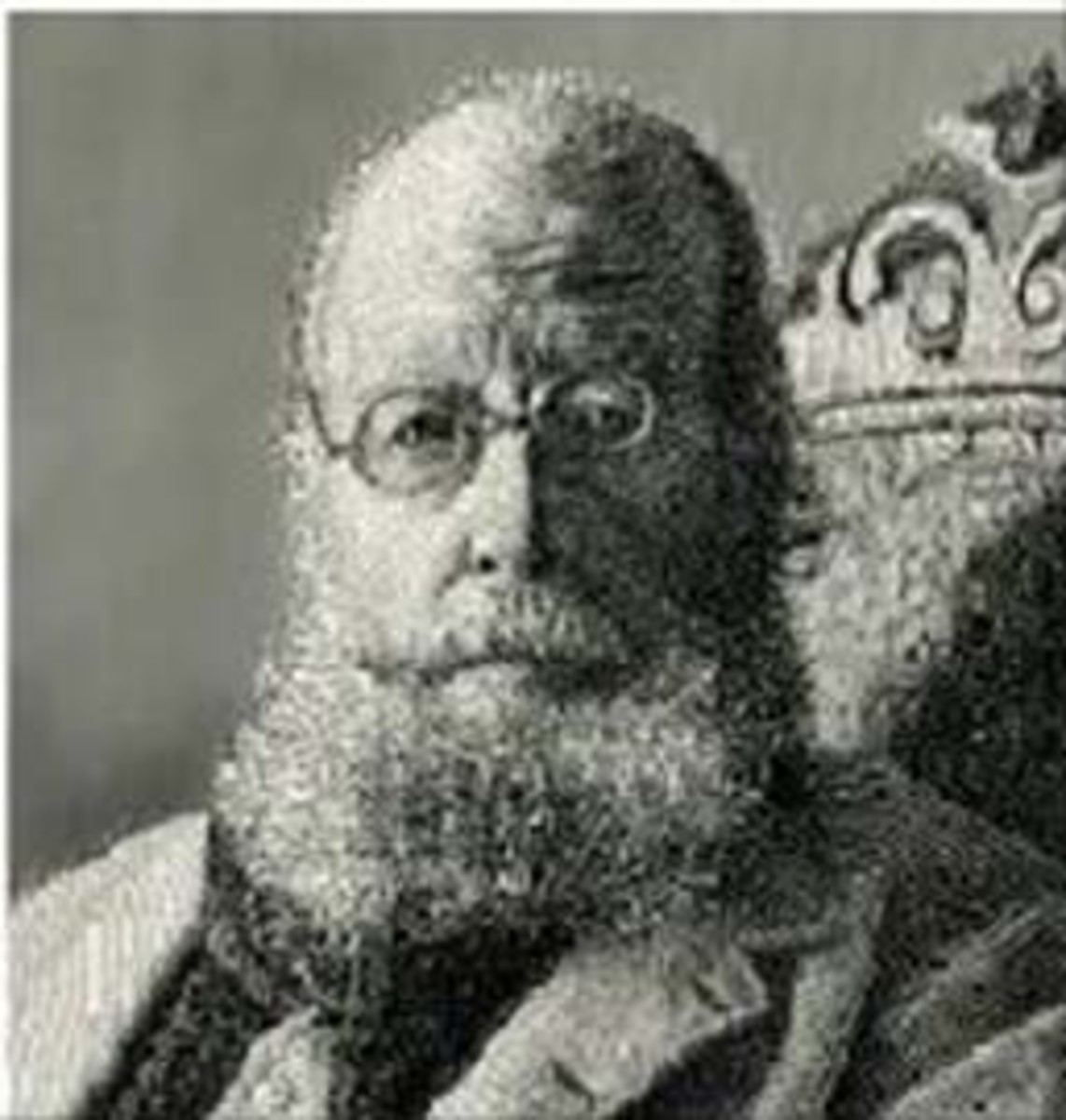Dylan Thomas: Do Not Go Gentle Into That Good Night
The Man Behind the Poem
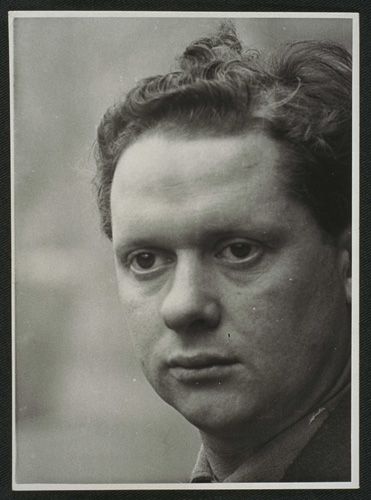
Read the Poem or Hear Dylan Thomas Read it to You
- Do not go gentle into that good night - Poets.org - Poetry, Poems, Bios & More
Do not go gentle into that good night, Old age should burn and rave at close of day; Rage, rage against the dying of the light. Though wise men at their end know dark is right, Because their words had forked no lightning they Do not go gentle ...
Biography of Dylan Thomas on HubPages
- The Dark Horse of Poetry Dylan Thomas
In 39 tumultuous years Dylan Thomas left his broad strokes of literary genius on the canvas of human experience. One of Dylans greatest achievements was lauded after his death as Under Milk Wood captivated...
My Interpretation
Old age does not have to be boring. We do not have to resign ourselves to years of body aches, Wheel of Fortune reruns, and 7 p.m. bedtimes. In his famous poem, “Do Not Go Gentle into That Good Night,” Dylan Thomas encourages us to fight the urge to meander from old age to death without a fight. He says, “Old age should burn and rave…” Using “good night” as a euphemism for death, Thomas gives examples of how four different types of men cope with old age and death. At the conclusion of his poem, we see that Thomas’ father is apparently close to death, and we get a glimpse of Thomas’ grief.
The first type of man is wise. The poem reads, “Because their words had forked no lightning they/Do not go gentle into that good night.” According to my interpretation of Thomas’ poem, wise men know how difficult it is to make a lasting impression on this world, but they are willing to die trying. The wise man works until his last breath to “fork lightning.” He does not “go gentle into that good night.”
Thomas has two things to say about the second man, a good man. First, he always seems to remember yesterday a little sweeter than it really was, and second, he knows that his best days are behind him. (“…the last wave by…their frail deeds might have danced…”) Not liking defeat, Thomas encourages the good men of the world to rise up against old age and complacency. He wants good men to go out in a blaze of glory rather than like a snuffed candle.
A friend of mine often says, “If I had known I was going to live this long, I would have taken better care of my body.” Wild men, the third group in the poem, seem to live their days roping the moon, catching the sun, playing it fast and loose. This sort of carefree living tends to wreak havoc on a mind and body. Wild men, however, always seem to learn this too late and grieve in their old age for youth, freedom and health. Thomas seems to understand this sort of man and knows that they will not “go gentle into that good night.”
The fourth group, men who are already close to death, are losing light. The gleam in their eyes is quickly fading. But Thomas thinks that “blind eyes could blaze like meteors” if only the grave men would fight the dimming of the light. He begs these ailing men to “rage, rage against the dying of the light.”
In my opinion, Thomas’ father is not raging against death. I think this because Thomas seems to plead with his father to give off any sort of emotion. “Curse [and/or] bless me now with your fierce tears.” To hopefully encourage his father to fight, he actually uses both of his famous lines in the last paragraph of the poem: “Do not go gentle into that good night/Rage, rage against the dying of the light.”
Like I said in the beginning, we do not have settle into old age like an easy chair. I intend to face death with grace and dignity. I plan to lead a long, full, satisfying life so that by the time death does roll around, it will be welcome rest - a sweet “good night.” I do not intend to just sit around and get old, which is exactly what Thomas is encouraging each of the five men in his poem to fight against.


